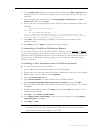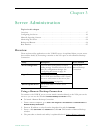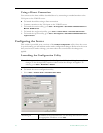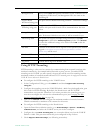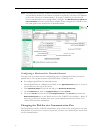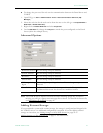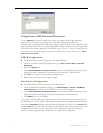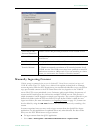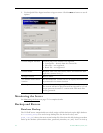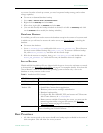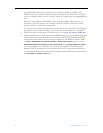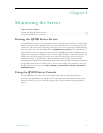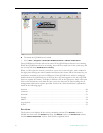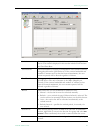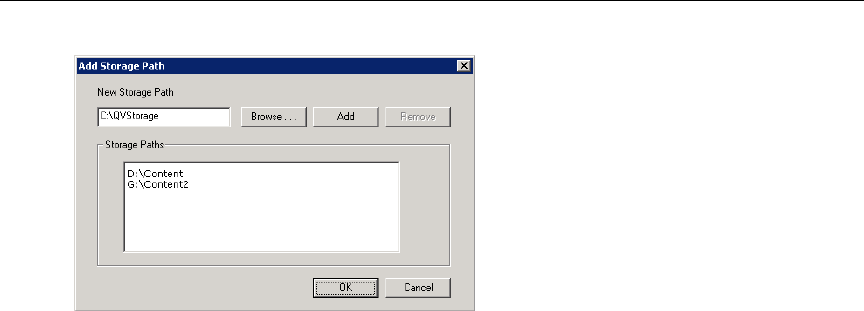
22 © 2008 VBrick Systems, Inc.
Using Secure URL Password Protection
Use the VbPortal tab on the Configuration Utility to configure secure URL password
protection. Secure URL protection prevents users from bypassing Portal Server
authentication and playing back VOD content directly from VOD-W servers. Requests from
player software and devices (for example STBs, IPRs, and PCs) include a key that is generated
by the Portal Server and validated by the VOD-W server. This key is valid for a limited time and
is generated using a password configured on both the VOD-W Server and the Portal Server. These
passwords must match.
VOD-W Configuration
T To enable URL password protection on the VOD-W Server
1. Open the VOD-W control panel application (go to
Start > Control Panel > Infovalue
QuickVideo
).
2. Select the
VbPortal tab
3. Check
Enable RTSP URL Password Protection and enter and confirm the password. (The
default password is
vbrickkey.) This password must match the VOD-W Server.
4. Click
OK to save and exit the control panel application.
5. Reboot the server when done to apply changes.
Portal Server Configuration
T To enable URL password protection on the Portal Server
1. Open the Portal Server Admin console, go to
Global Settings > Servers > Add/Modify
VoD/FTP Servers
, and select the VOD-W server you wish to configure.
2. Check
Enable RTSP URL Password Protection and enter and confirm the password. (The
default password is
vbrickkey.) This password must match the Portal Server.
3. Click
Modify to save your changes.
If you wish to enable URL protection but also have some devices that are not connected to
the Portal Server, you can enable VOD requests to these devices by adding their IP addresses
to the list of
Allowed IPs. Simply enter the enter the IP address of a device in the New IP field
and click
Add. Devices that access VOD content through the Portal Server do not need to be
configured in this manner. Only those devices that communicate with the VOD server
directly—without going through a Portal Server—require this configuration.



